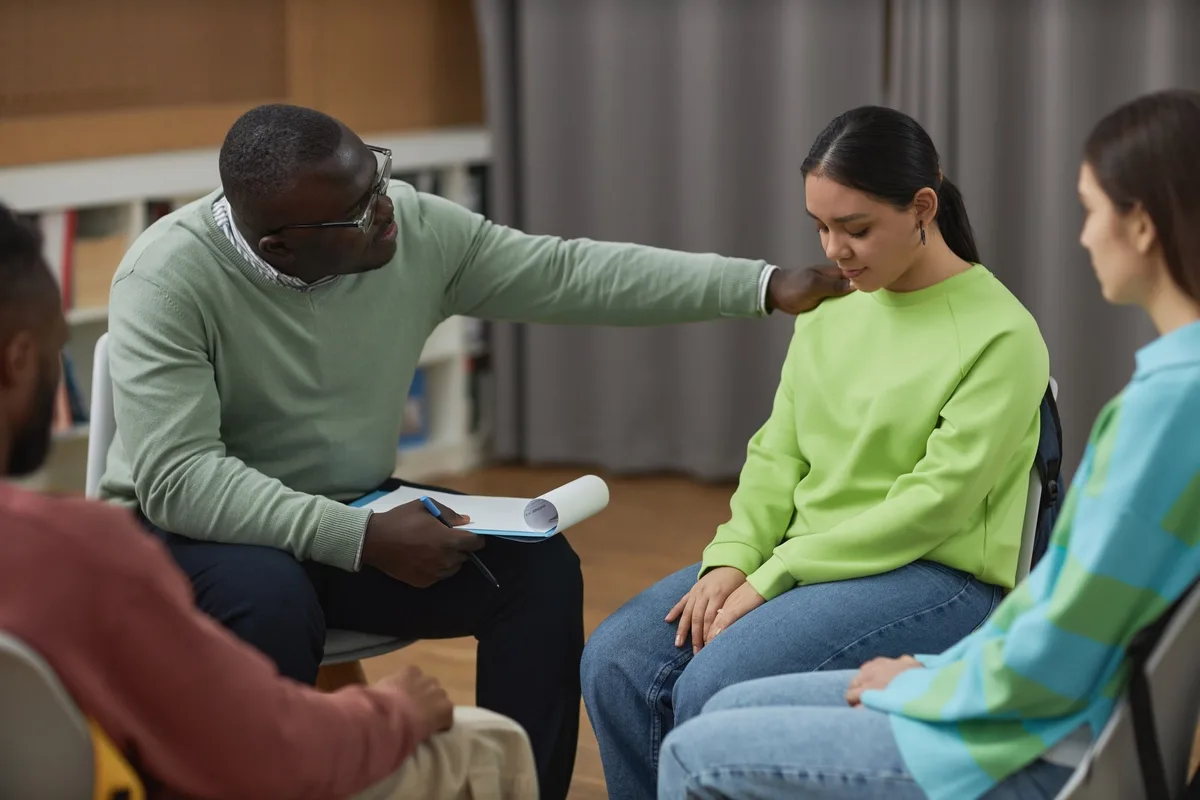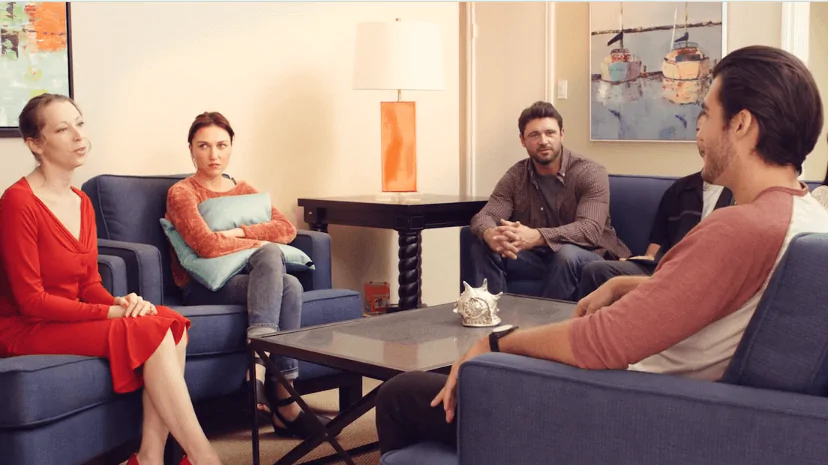24/7 Helpline:
(866) 899-111424/7 Helpline:
(866) 899-1114
Learn more about 12-Step Rehab centers in Watonga
12-Step Rehab in Other Cities

Other Insurance Options

GEHA

Self-pay options

Choice Care Network

EmblemHealth

Meritain

Absolute Total Care

Horizon Healthcare Service

Private insurance

WellCare Health Plans

Health Net

Premera

Aetna

Regence

American Behavioral

Access to Recovery (ATR) Voucher

Magellan

CareSource

Highmark

Excellus

Group Health Incorporated

Red Rock Behavioral Health Services
Red Rock Behavioral Health Services is a private rehab located in Watonga, Oklahoma. Red Rock Behavi...



YouthCare of Oklahoma
YouthCare of Oklahoma is an outpatient clinic that provides mental health and substance use treatmen...







































































